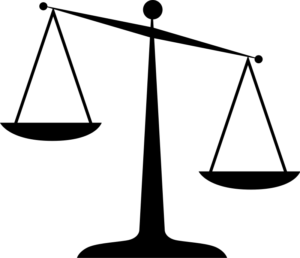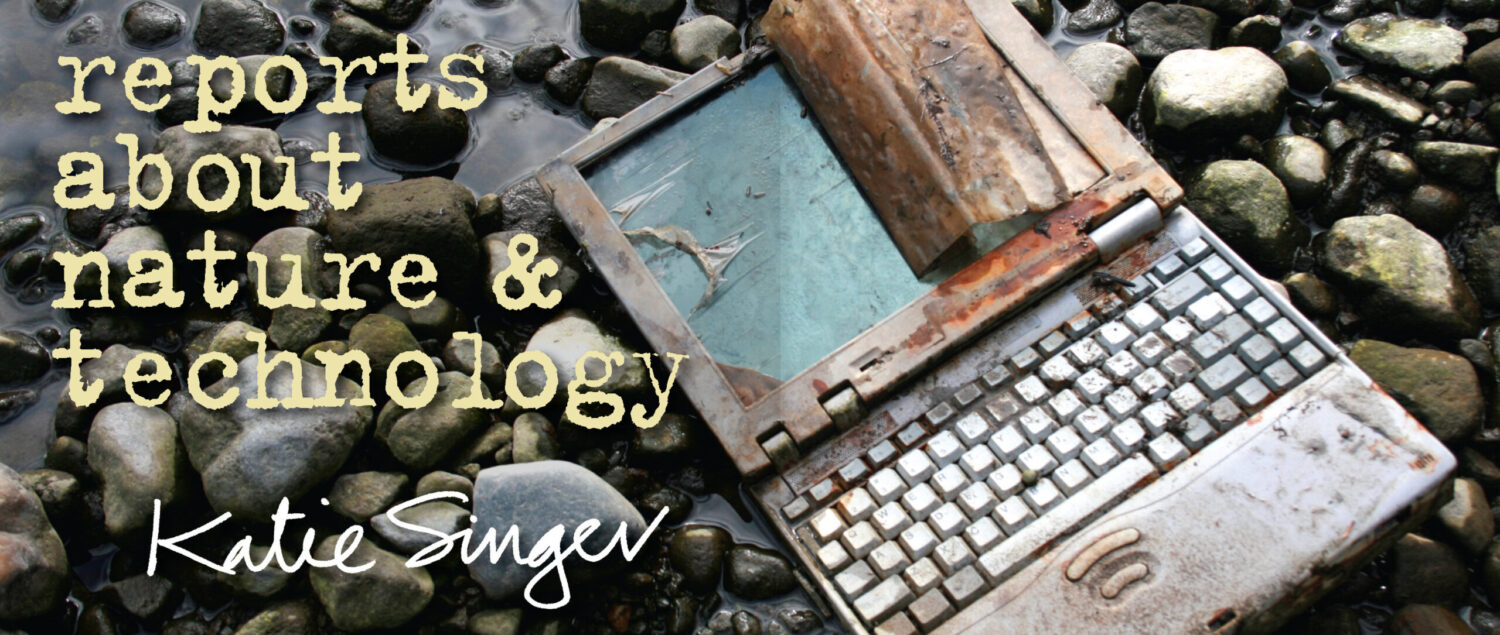As we consider our future
And want ecocide to stop
 By Katie Singer
By Katie Singer
Consider ourselves guests on Planet Earth and stop ecocide
Say that we want ecocide (killing the Earth) to stop or at least slow down.
We want to decrease dependence on international supply chains.
We want to decrease our energy consumption, greenhouse gas emissions and toxic waste.
We want a friendlier relationship with the Earth.
We want to live more simply.
We’ll need manufacturing to stop.
Consumers will need to stop asking for new goods that depend on energy-intensive, water-intensive, greenhouse gas-emitting, toxic waste emitting, worker hazardous international supply chains.
We’ll need to ask not how to replace ecocidal delivery of electricity fueled by natural gas, coal, nuclear and/or hydro power—with another ecocidal system.
We’ll need to ask not for solar power, industrial wind facilities, or battery electric storage systems (BESS). Ask not for e-vehicles, smartphones, iWatches, laptops, tablets. None of these can be manufactured without fossil fuels, extractions, enormous amounts of water, deforestation, greenhouse gas emissions, toxic waste, worker hazards, and international supply chains. “Renewables” can’t operate without backup from fossil fuels, hydro power, or batteries. They don’t biodegrade.1
Don’t just ask about greenhouse gas emissions during a product’s operation. Ask about energy and water consumption, extractions and chemical waste, worker hazards and ecological harm during manufacturing of your device or vehicle, and the infrastructure it requires to operate.
Ask not for marketers’ sales pitches.
Ask how much water a semiconductor fabrication plant uses to manufacture silicon for solar panels and transistors. (Two to ten million gallons per day.) Ask what petcoke is, where it comes from, and why silicon smelters might use it. Ask why silicon smelters use hard, dense, moist wood—perhaps from the Amazon Rainforest.
Ask about solar panels’ perfluorinated chemical coating (PFAs), how the PFAs get into soil below the panels, and how to remove PFAs from soil.
Ask about tailings from mining copper for solar panels and circuit boards. Ask about the impacts of extracting nickel for batteries.
Ask why countries, where corporations extract and smelt ores and manufacture solar PV systems, industrial wind turbines, smartphones, and EVs, tend to score low on the UN’s Sustainability Index while countries that buy these goods tend to score “sustainable.”
Ask about the fire hazards of EVs, solar PVs, BESS, and wind turbines. Ask how much water it takes to extinguish an EV fire compared to an internal combustion engine fire. Ask for due diligent evaluations that mitigate hazards from licensed professional engineers who hold liability before any electrical equipment goes live.
Ask why overall energy use has not decreased since use of solar PVs and industrial wind turbines have increased.
Ask how electromagnetic radiation exposure from wireless devices and infrastructures impacts people and wildlife. Ask how wind turbines impact wildlife and public health… during manufacturing and operation and discard.
Ask about wage differences between children who mine for cobalt (for EV batteries) and Elon Musk; between Amazon warehouse workers and Jeff Bezos; between Instagram teenagers and Mark Zuckerberg.
Ask how to reduce energy consumption by 70%, asap.
Ask how to build an economy based on neighbor-to-neighbor relationships and local raw materials.
Ask how to keep online without upgrading your equipment.
Ask about Right-to-Repair legislation.
Ask about businesses that are dedicated to keeping electronic waste out of landfills.
Ask how to get two billion more people online (so they can have educational, economic and social opportunities) without engaging the ecocidal global super factory. To balance things out, will those of us already online use less?
Ask how to use less.
Consider ourselves guests on Planet Earth.
Say thanks for what we receive.
1 See the documentaries: Bright Green Lies, Planet of the Humans, and Headwind’21.
Katie Singer writes about the energy, extractions, toxic waste and greenhouse gases involved in manufacturing computers, telecom infrastructure, electric vehicles and other electronic technologies. She believes that if she’s not aware that she’s part of the problem, then she can’t be part of the solution. She dreams that every smartphone user learns about the supply chain of one substance (of 1000+) in a smartphone. Her most recent book is An Electronic Silent Spring. She currently writes about nature, democracy and technology for Meer.com. Visit www.OurWeb.tech and www.ElectronicSilentSpring.com.
This article was originally published by Meer.com.
